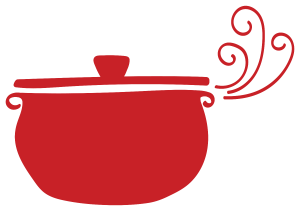#89 – ‘Snotty’ Ferments, Ale Recipe & Convincing Those Who Won’t Listen (a Peek into a Patron Exclusive Podcast)
Every month, we record not only the episodes you listen to here on Ancestral Kitchen but also a special show for supporters of the podcast – that is, our patrons. The episode you’re about to hear is one of these patron-exclusive shows from earlier in the year. In it you’ll get a taste of the sort of things we cover – we regularly talk about what’s happening in our own lives, often sharing things we wouldn’t in the main episodes and we also, as you will hear, answer really juicy questions from our patrons.


